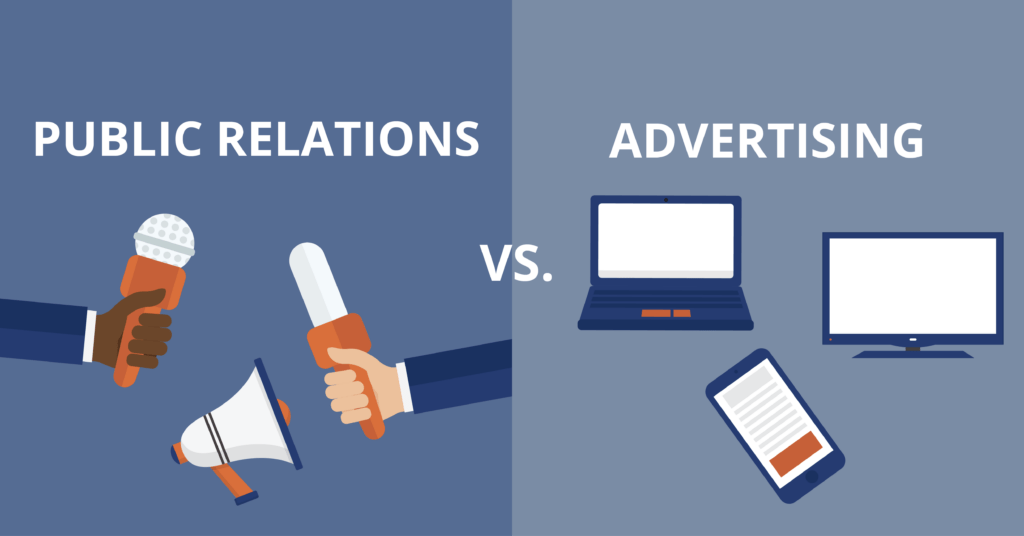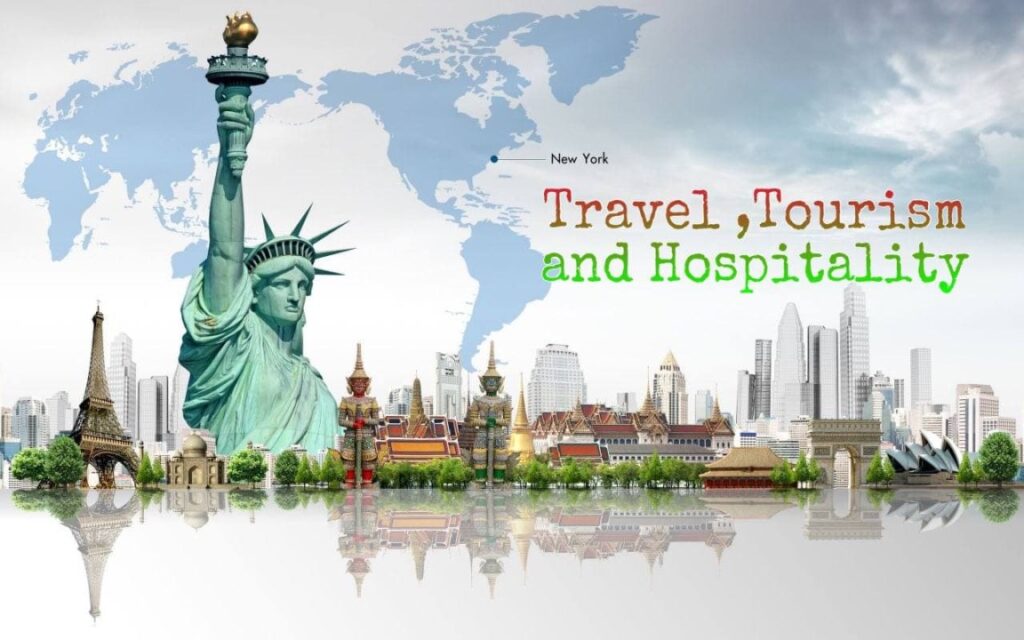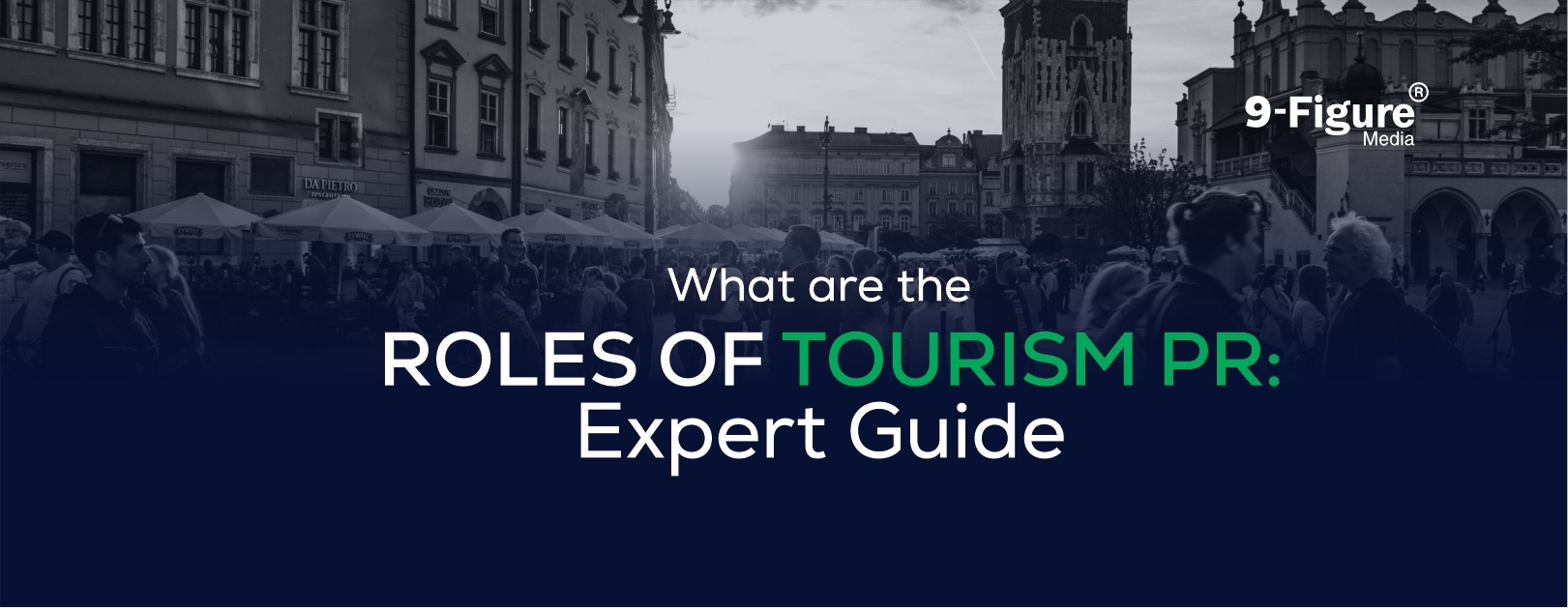Tourism is, without a doubt, a powerhouse of the global economy, generating billions of dollars each year and creating millions of jobs worldwide. However, with so many destinations vying for the attention of travelers, standing out in a crowded marketplace becomes essential. But, in a time when travelers have countless options at their fingertips, how can a destination or travel brand grab the spotlight? That’s precisely where the Tourism PR agency comes into play.
Indeed, a Tourism PR agency is vital in tourism marketing because it shapes the story, fosters trust, and creates positive attention around a brand or destination. Unlike traditional marketing, which often feels pushy or sales-driven, PR focuses instead on sharing authentic narratives that resonate with potential travelers. This approach, in turn, builds meaningful connections and drives interest. In this comprehensive guide, we will delve deeply into the many ways PR influences tourism marketing and how it effectively positions destinations, services, and brands in an increasingly competitive travel sector.
Table of contents
Understanding the Core Function of Tourism PR

What is PR in the Context of Tourism?
Public Relations, specifically in tourism, revolves around strategic communication that fosters connections between a destination, brand, or travel service and its audience. It’s not just about crafting compelling stories but also about building strong media relationships and managing reputations to draw in tourists. The ultimate goal isn’t merely to sell a vacation; it’s to create an enduring image that inspires, excites, and beckons travelers.
PR vs. Advertising in Tourism Marketing
While advertising tends to center around paid promotions, PR focuses on earning media coverage and building an organic reputation. Advertising is typically straightforward, while PR takes a more nuanced approach.

In the realm of tourism marketing, PR stands out by generating endorsements from third parties through media features, influencer recommendations, or glowing reviews, which, unsurprisingly, resonate more with consumers than traditional advertisements.
Tourism PR
PR plays a crucial role in shaping how people view a destination or travel brand. By showcasing a destination’s cultural gems, breathtaking landscapes, or unique experiences, PR builds an emotional bond. It connects with travelers’ desires by telling stories that capture the essence of a place, transforming it from just another location into a must-visit destination.
Key PR Strategies for Successful Tourism Marketing
- Destination Branding
Destination branding, undoubtedly, is a vital component of tourism PR. It focuses on crafting a strong and memorable identity that resonates with potential visitors. Successful branding campaigns, such as “I Love New York” or “Incredible India,” not only put a destination on the radar but also create a lasting impact. PR professionals skillfully shape the perception of a destination by highlighting its unique selling points, be it adventure, relaxation, historical significance, or culinary delights.
- Media Relations
At the core of tourism PR is, of course, media relations. Building solid, trustworthy connections with travel journalists, editors, bloggers, and influencers is essential for generating coverage. PR agencies frequently organize press trips or familiarization (FAM) tours, inviting journalists to experience the destination firsthand. These experiences usually result in genuine media coverage, often through in-depth travel articles, blog posts, and social media shout-outs.

- Digital PR and Social Media
In today’s digital landscape, PR has evolved beyond traditional media channels. Digital PR , meanwhile, harnesses online platforms to boost a destination’s presence and engage a global audience. Social media sites like Instagram, TikTok, and Twitter are crucial for travel marketing, as the visually appealing nature of tourism aligns perfectly with these platforms.
- Crisis Management in Tourism
The tourism industry, as we know, is particularly susceptible to crises—be it natural disasters, health emergencies, or political instability. In such cases, a PR agency such as 9-Figure Media role in crisis management becomes indispensable. Crisis management requires swift, strategic communication to reassure stakeholders and the public. A well-crafted response, if done properly, not only diffuses the situation but also preserves or even restores trust.
Also Read: 6 Benefits Of Choosing The Right PR In Marketing: Expert Guide
The Impact of PR on Different Tourism Stakeholders
- Local Communities
PR in tourism doesn’t just benefit destinations; it also plays a significant role in impacting local communities. By advocating for sustainable tourism initiatives and authentic cultural experiences, PR ensures that tourism development serves the local population.
- Government and Tourism Boards
Tourism boards and government agencies, time and again, partner with PR agencies to promote national tourism effectively. PR is vital in aligning government tourism objectives with international marketing strategies.
- Travel Businesses and the Hospitality Industry
Hotels, airlines, and other travel-related businesses rely heavily on PR to carve out their niche in a crowded market. Whether launching a new resort or promoting special packages, PR professionals play a pivotal role in generating excitement, securing media coverage, and managing a brand’s reputation.


Measuring the Success
- Key Performance Indicators (KPIs)
Evaluating the effectiveness of a tourism PR agency involves analyzing key performance indicators (KPIs). Metrics such as media impressions, social media engagement, and website traffic provide insights into a campaign’s success.
- Tools for Tracking and Analysis
PR agencies, of course, utilize tools such as Google Analytics and media monitoring software to track campaign effectiveness and analyze performance.
Challenges Faced by PR in Tourism Marketing
- Cultural Sensitivity
When promoting a destination on a global scale, it’s crucial to respect and understand cultural differences. PR professionals must navigate these sensitivities carefully to avoid backlash and foster cross-cultural understanding.
- Seasonality and Competition
Tourism, as everyone knows, often follows seasonal trends, meaning PR campaigns must consider off-peak periods.
- Managing Negative Publicity
Negative incidents can spread rapidly in today’s digital world. Effective tourism PR agency strategies, however, are essential for mitigating these risks.
Future Trends
- Experiential Marketing
The future of tourism PR is shifting toward experiential marketing, which focuses on creating immersive, personalized experiences for travelers.
- Technology and Tourism PR
With the rise of AI and virtual reality, a tourism PR agency will play a crucial role in leveraging these technologies to engage travelers.
- Sustainable and Eco-Friendly Tourism
As travelers prioritize eco-consciousness, PR will be instrumental in promoting destinations that champion sustainability.
Also Read: How To Get Featured On Fast Company Magazine: Expert Guide 2024
Conclusion

In conclusion, Public Relations such as 9-Figure Media remains a vital component of tourism marketing, driving visibility, building trust, and shaping narratives for destinations and travel brands alike. As the tourism landscape continues to evolve, so too will the role of PR in crafting unforgettable experiences and shaping the future of travel. Get started with us today!










